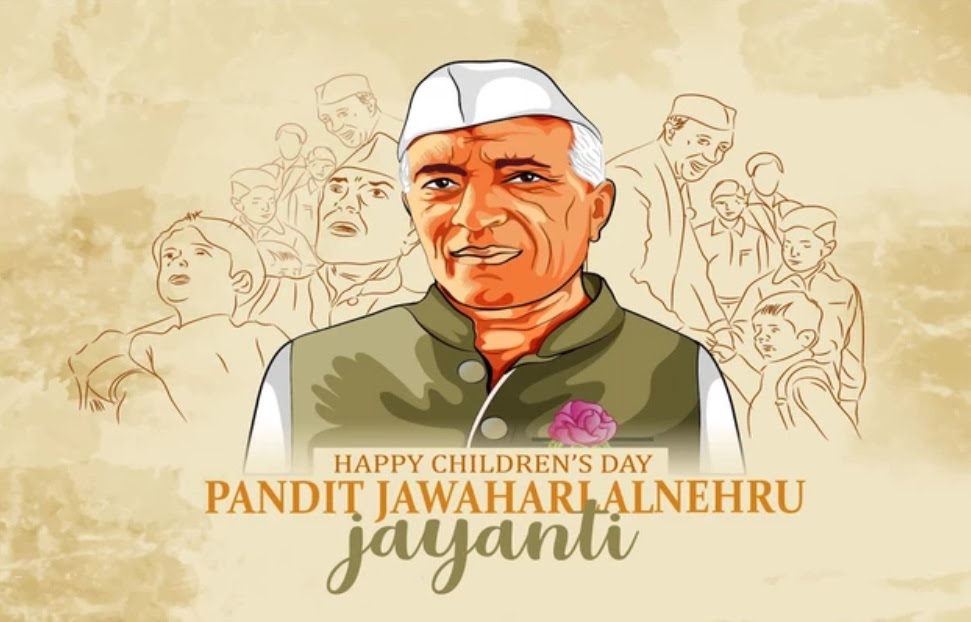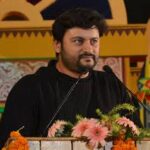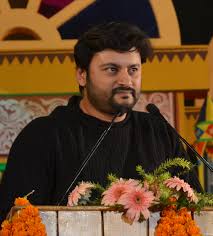
On November 14, India observes Children’s Day to mark the anniversary of the birth of Pandit Jawaharlal Nehru, the nation’s first prime minister. The Indian politician Pandit Nehru was born on this day in 1889 in Allahabad, and it is his 133rd birthday. Nehru was a strong supporter of children’s rights and an inclusive education system that makes information available to everyone. He held that everyone’s well-being should be prioritised because children are a nation’s future and the cornerstone of a society. “Chacha Nehru” was a common nickname for Nehru. In India, Children’s Day is also referred to as “Bal Diwas.”
Children’s Day: Significance
Jawaharlal Nehru, affectionately known as Chacha Nehru, held that children are the cornerstone of a society and the destiny of the nation. In addition to commemorating Nehru’s birthday, Children’s Day is observed to promote children’s rights, education, and access to medical care.
Children are frequently urged to forgo wearing their school uniforms and dress in casual attire. Everyone who is involved—children, parents, and teachers—joys the event. Schools and other educational institutions will observe the day with a variety of instructional and inspirational activities, such as sporting events and quiz contests.
Children’s day: History
On November 20, the day the United Nations observes World Children’s Day, India previously observed Children’s Day. Jawaharlal Nehru, however, was killed, and the Indian Parliament approved a resolution designating his birthday as Children’s Day. Children’s Day is observed on November 14 to honour Jawaharlal Nehru’s birth anniversary ever since his death in 1964. He was a strong supporter of children’s rights and an inclusive education system that makes knowledge available to everyone.
Pandit Jawaharlal Nehru’s biography:
On November 14, 1889, Pandit Jawaharlal Nehru was born to a Kashmiri Brahman family. His family had immigrated to Delhi at the beginning of the 18th century and were well known for their administrative prowess and education. He was the son of Motilal Nehru, a well-known lawyer and figurehead in the Indian independence movement who later rose to prominence as one of Mahatma Gandi’s close friends. Two of the four children, including the eldest Jawaharlal, were female. Vijaya Lakshmi Pandit, a sister, later became the first woman to lead the UN General Assembly.
Nehru, under the guidance of Gandhi, turned out to be a leader of India’s struggle for independence in 1947. He laid the foundation of independent India as sovereign, socialist, secular, and a democratic republic. For this, Nehru is credited as the architect of modern India.










